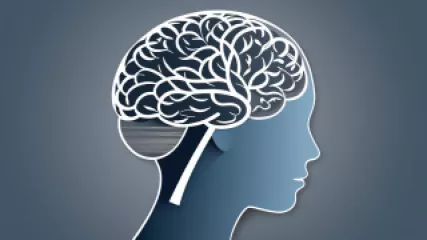Building Strong Bonds: A Parent's Guide to Nurturing the Parent-Child Relationship
1 year ago
Parent Child Relationship
Mastering the Art of Sleep: Your Ultimate Guide to Quality Rest
1 year ago
Sleep Importance
Navigating Ethical Dilemmas: A Step-by-Step Guide for Mental Health Professionals
1 year ago
Ethical Dilemmas
My Journey to Healthier Eating Habits
1 year ago
Eating Habits
A Personal Journey of Therapeutic Self-Disclosure: Navigating Mental Health Recovery
1 year ago
Therapeutic Self Disclosure
10 Steps to Enhance Happiness Through Therapy Services
1 year ago
Happiness
My Journey to Becoming an Effective Leader
1 year ago
Psychology of Leadership
What is the Impact of Social Networking on Mental Health?
1 year ago
Social Networking Impact
Embracing Creativity: My Personal Journey Towards a Fulfilling Life
1 year ago
Fostering Creativity
Exploring the Impact of Social Networking on Mental Health: A Research Summary
1 year ago
Social Networking Impact
What Are the Best Mental Health Apps for Improving Well-Being?
1 year ago
Mental Health Apps
10 Compelling Advantages of Volunteering
1 year ago
Volunteering Benefits
Embracing Family Differences: A Path to Stronger Relationships
1 year ago
Navigating Family Conflict
How to Overcome Negative Thinking: A Step-by-Step Guide
1 year ago
Overcoming Negative Thinking
Gender Identity Acceptance: An Empowering Interview
1 year ago
Gender Identity














